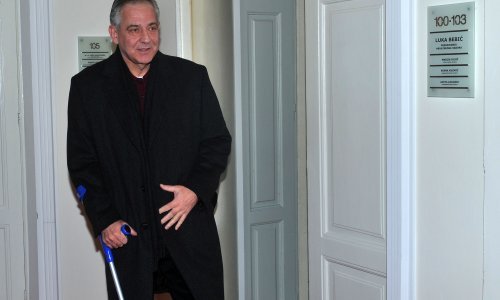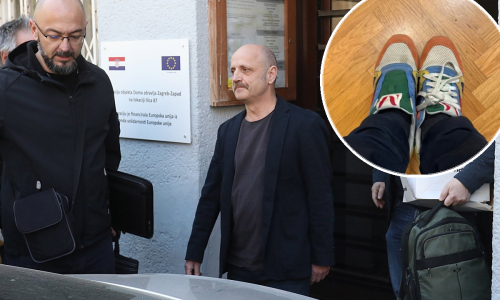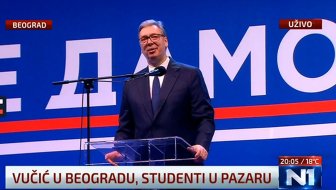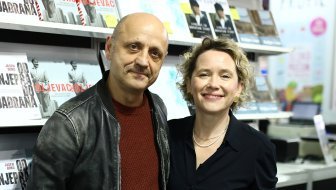By issuing an Interpol Red Notice and a European Arrest Warrant (EAW) for Zsolt Hernadi, CEO of the Hungarian energy company MOL, the Croatian authorities are violating the law of the European Union, MOL said in a statement on Wednesday, announcing it would fight this with all legal means.
The Croatian Police Directorate said on Tuesday that an Interpol warrant and an EAW had been issued for Hernadi after the Hungarian authorities would not serve him with a summons to be questioned in Croatia.
This prevents Hernadi from travelling abroad because he does not risk being arrested in Hungary, Hungarian international law professor Laszlo Valki told Reuters.
The Croatian police sent the official request to Interpol in Lyon after receiving a request on Monday to issue a warrant for Hernadi, who is suspected of bribing former Croatian Prime Minister Ivo Sanader with EUR 10 million into giving MOL management rights in Croatia's oil and gas company INA.
"Whilst Croatia may be at liberty to do so under national law, we maintain that the manner in which the Croatian authorities are currently proceeding is in contradiction to supra-national European law, which provides for an EU-wide common regime, and which Croatia has opted to be legally bound by through accession to the EU earlier this year," MOL said in the statement.
The MOL Group, which operates in 40 countries and employs nearly 31,000 people, reiterated that internal investigations had revealed no evidence of improper or illegal business practices on the part of the MOL Group or any of its representatives.
As a Hungarian company, MOL acts under Hungarian law, and is therefore bound by the Hungarian authorities' findings, the company said.
"We question whether the procedures followed with regard to the claims made against MOL are compliant with established legal procedures elsewhere in Europe and internationally. In our view, they are not compliant with the rule of law," MOL said.
MOL underscored that it "will defend itself by all legal means against the outrageous actions that have been taken against Mr. Hernadi and the company, which appear to be influenced by interests seeking to intimidate both the company and its Chairman."
MOL said Hernadi would not be able to travel abroad until this case was solved in the company's favour, but that this would in no way prevent him from running the group.
Professor Valki told Reuters that Budapest's Court of Justice could refuse to act on the arrest warrant. "The court has the right to reject the implementation of the warrant because - according to the EU framework decision and Hungarian law - if Hungarian authorities had conducted an investigation into this issue and closed it, the court can refer to this, and reject the European Arrest Warrant."
He added that Hungary, like other countries, did not generally extradite its own citizens and had no obligation to do so.
Hungary already turned down two Croatian requests to question Hernadi. A spokesman for the Hungarian chief prosecutor's office said the office did not know of new warrants for Hernadi.
Last November, a Zagreb court sentenced Sanader on corruption charges involving the alleged payment of a bribe of millions of euros to give MOL management rights in INA.
MOL's stake in INA is a 49.1 per cent, while the Croatian government holds 44.84 per cent.




































